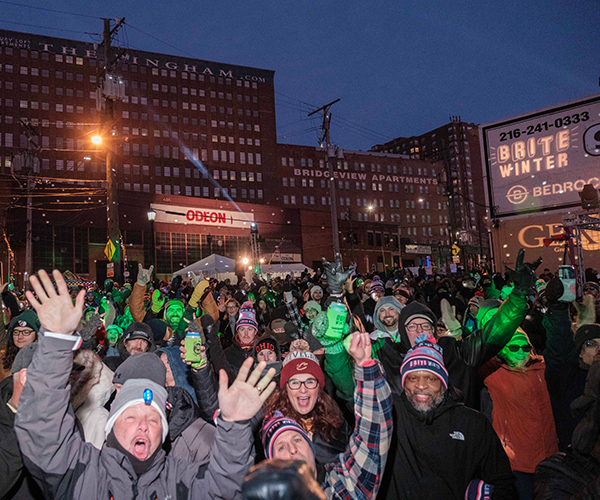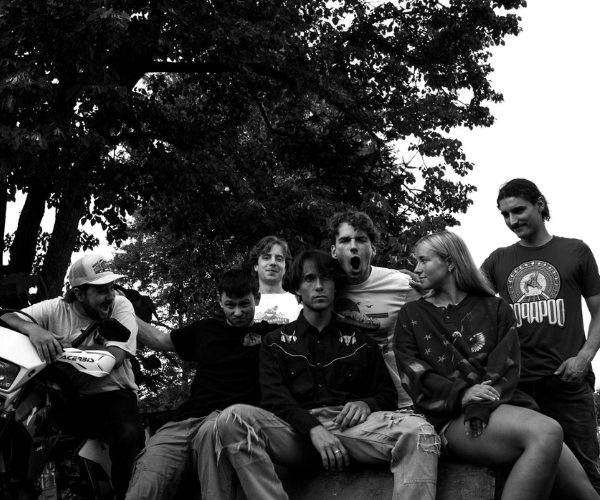Graham Nash is a man who has nothing left to prove. The two-time Rock and Roll Hall of Fame inductee — once with the Hollies, once with Crosby, Stills and Nash — could retire to his family compound on the Hawaiian Island of Kauai and spend his days painting, sculpting and furthering his reputation as an acclaimed photographer, knowing his place in music history is secure. But the 72-year-old rock icon continues to tour most years with bandmates David Crosby and Stephen Stills, even when the legendary trio doesn't have a new release to promote.
The motivation, he says, is simple.
"It's the new songs and the need to communicate and to touch people's hearts and souls," he says passionately. "I mean, what a job we have! We get to go up onstage. We play music, which we would do for free if necessary. We get to change people's minds. ... We get to make them cry. We get to make them laugh. We get paid handsomely for it. And when we leave at the end of the show — everyone is smiling."
The set list Crosby, Stills and Nash has compiled to elicit those emotions on its current tour, which includes a stop at Jacobs Pavilion at Nautica July 18, boasts five to six new additions as well as classics possibly including "Guinevere," "Suite: Judy Blue Eyes" and "Our House." The group may also play Crosby's "What Makes it So?" and Stills' "Don't Want Lies," recorded with his blues band the Rides, as well as Nash's "Burning for the Buddha." He wrote it with the group's keyboardist, James Raymond — who also happens to be Crosby's son — after learning that 128 Tibetan monks had immolated themselves more than a year ago in protest of the conflict between the Tibetan people and Chinese government.
"It's not an easy subject to write about," he says. "But I think, judging from the way that it goes down with the audience, it's a pretty successful song."
A lifetime of writing, recording and performing gave Nash plenty of material for his recently released autobiography, Wild Tales (Crown Archetype, $28). He was unflinchingly candid, particularly in detailing Crosby's onetime drug addiction, right down to his selling a Mercedes for crack, then breaking into the buyer's house to steal the sales slip after he overdosed — an anecdote the publisher had Nash double-check to avoid a lawsuit. "David said, 'Don't change a word. It's absolutely true,' " Nash recalls. But even if the book had caused a full-blown feud among his bandmates, Nash doesn't believe it would threaten the group's long-term cohesiveness.
"We concentrate on what is the most important part of our relationship," Nash says. "And by far, it's the music."



